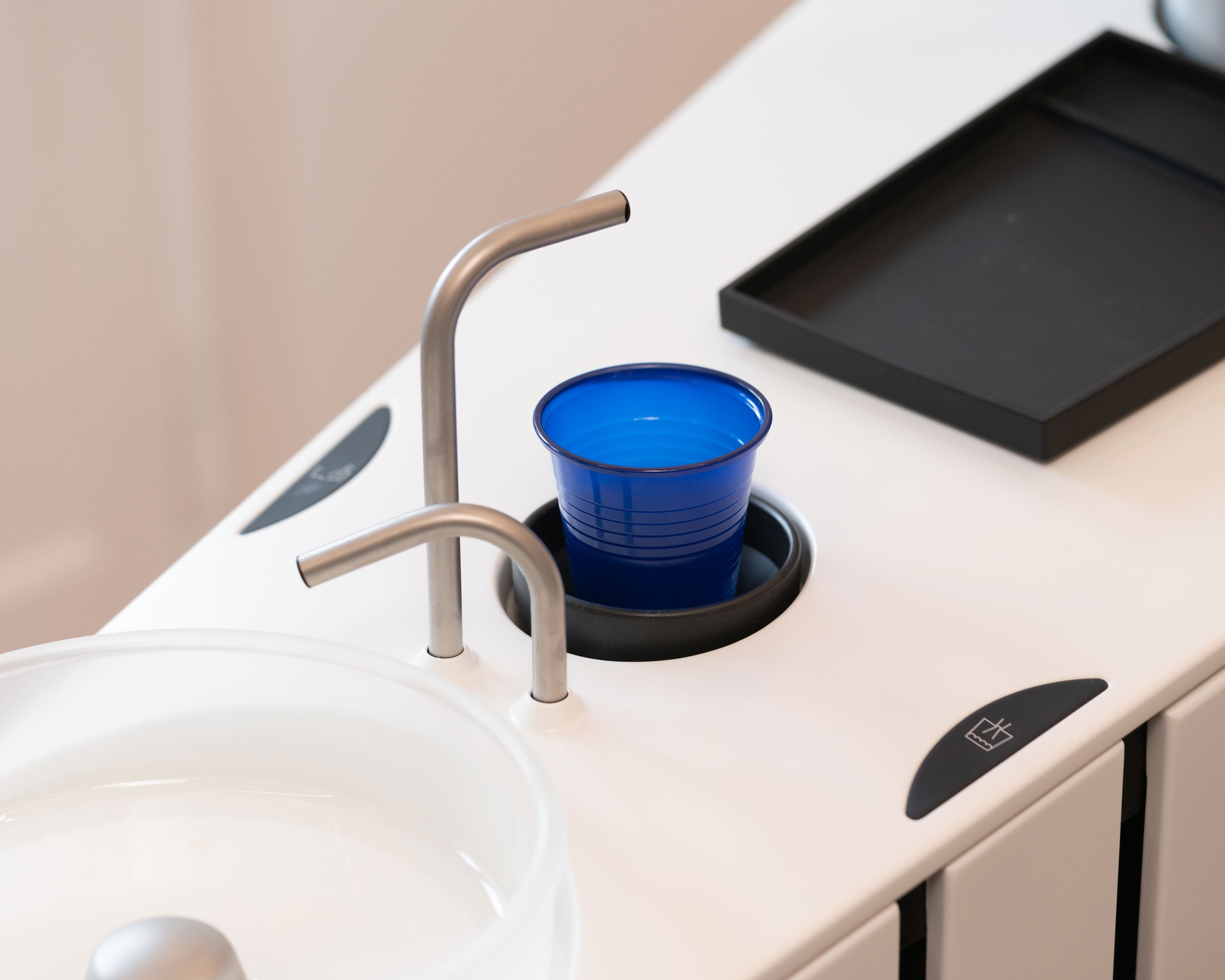
Professional teeth cleaning & prophylaxis in Berlin-Köpenick
Our teeth cleaning programs are a central part of our integrated prophylaxis services for long-lasting oral health. With professional teeth cleaning, we effectively prevent dental diseases such as tooth decay and periodontal disease by thoroughly removing hard and soft deposits. In doing so, we use the latest methods to optimally protect your teeth and gums and keep them healthy in the long term.
Regular dental cleanings not only ensure clean teeth and fresh breath, but also contribute to overall oral health and reduce the risk of cardiovascular diseases. By removing plaque and tartar and thoroughly polishing, new deposits are prevented and the risk of inflammation is significantly reduced. Our goal is to give you a bright smile and a pleasant mouthfeel — for lasting dental health at any age.
Because as the saying goes: Preventive care is better than — which tends to be expensive and possibly painful — aftercare. Choose our modern and professional dental practice in Berlin-Köpenick for your teeth cleaning and prophylaxis!




